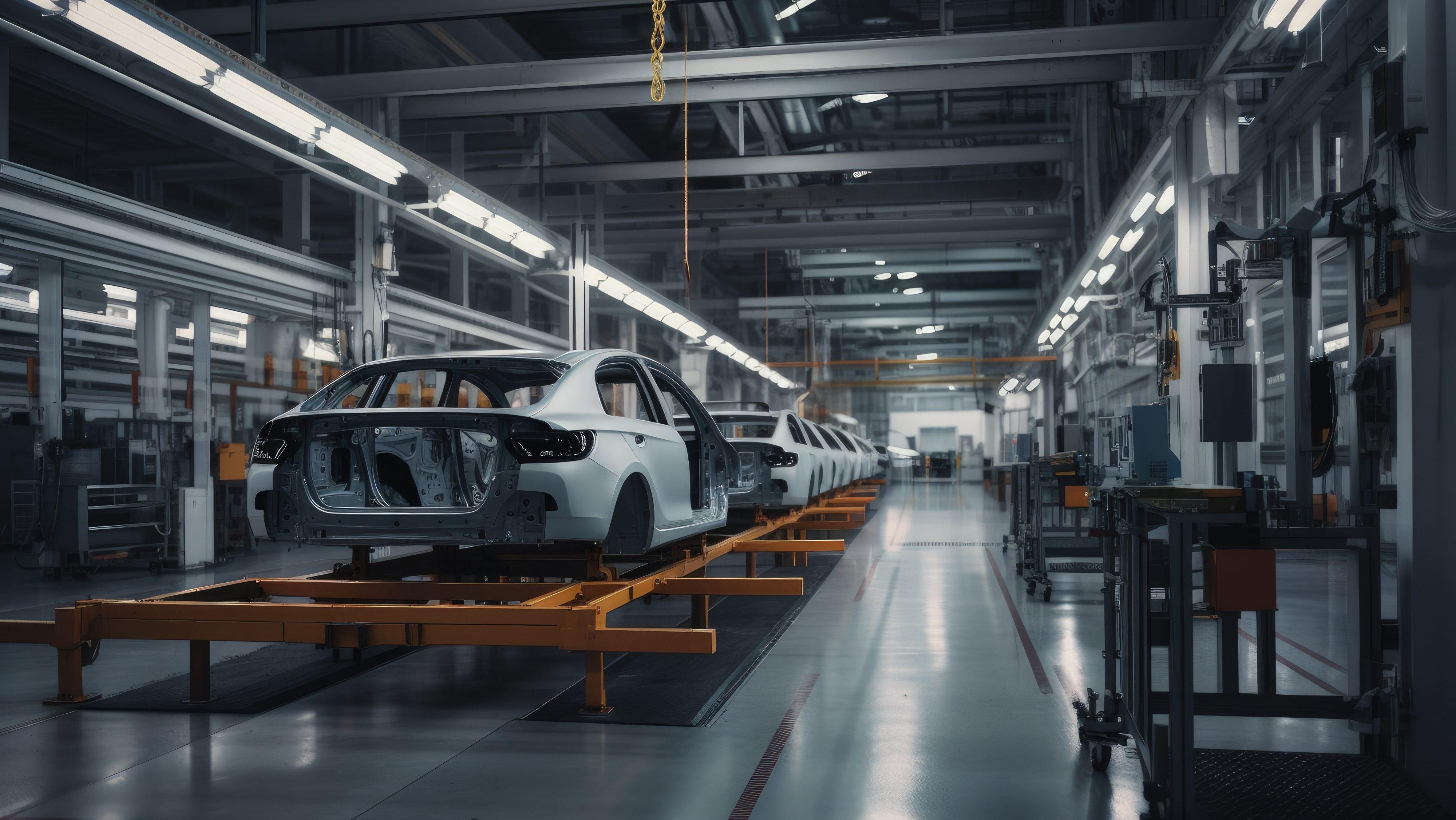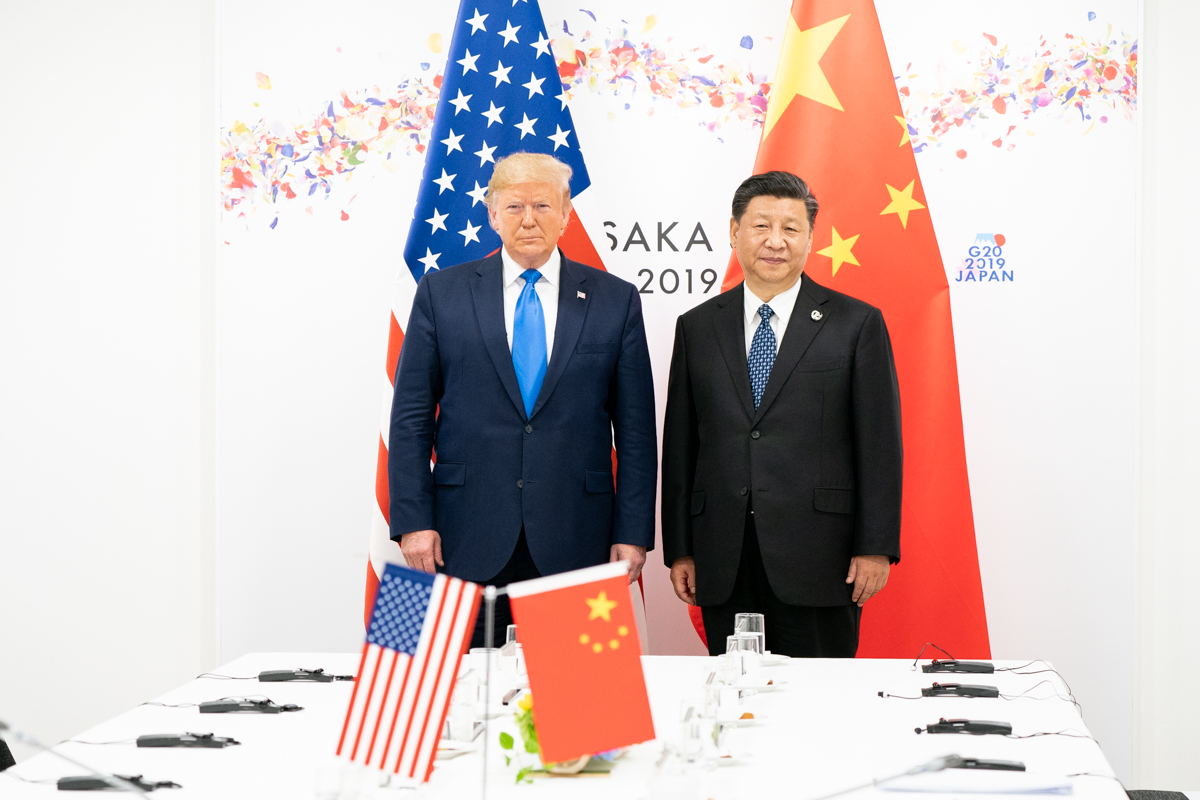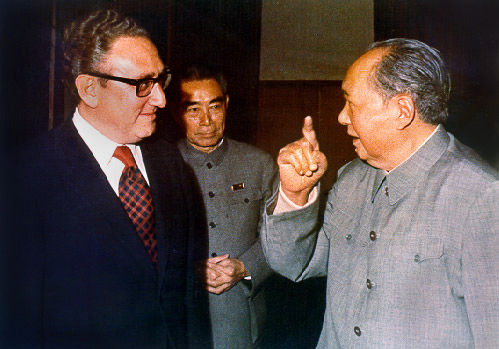USA: The US auto industry is bracing for major disruption following President Donald Trump’s decision to impose new 25% tariffs on imported vehicles and auto parts from Canada and Mexico, Reuters reports. While the move is intended to boost American manufacturing, industry experts warn it could have the opposite effect: raising car prices, disrupting supply chains, and potentially leading to job losses. With North America’s auto industry deeply interconnected, the ripple effects could be felt across the entire market.
Consumers to bear the brunt
One of the most immediate consequences of the tariffs is a sharp increase in vehicle prices. The Alliance for Automotive Innovation, which represents nearly all major automakers except Tesla, has warned that some vehicle models could see price increases of up to 25%. With supply chains unable to adjust overnight, automakers will likely pass these higher costs onto consumers.
Higher prices won’t just affect new car buyers. The American International Automobile Dealers Association has pointed out that rising vehicle costs, coupled with high interest rates, could make financing a new car even more expensive. As new cars become less affordable, the demand for used vehicles is expected to rise, further driving up prices in the second-hand market.
Disrupting a deeply integrated supply chain
For over 25 years, the North American auto industry has relied on a tightly integrated supply chain. Some auto parts cross borders six or more times before they reach final assembly. By imposing tariffs on Canada and Mexico, the US risks throwing this finely tuned system into chaos.
John Bozzella, head of the Alliance for Automotive Innovation, emphasised the challenge. “You just can’t relocate automotive production and the supply chain overnight. That’s the challenge and the dilemma: auto tariffs in North America could end up increasing costs on consumers before jobs come back to the country,” he said, as published by Reuters.
Automakers like Stellantis, which owns Chrysler, Dodge, Jeep, and Ram, have already raised concerns that these tariffs could put them at a competitive disadvantage against Korean, Japanese, and European brands that do not face the same cost burdens. While some argue that tariffs will encourage more domestic production, industry leaders worry that the short-term damage could be severe.
Job losses and economic uncertainty
While the tariffs aim to bring manufacturing jobs back to the US, the reality may be more complex. Ford CEO Jim Farley warned that the move could “blow a hole” in the American auto industry, bringing “a lot of cost, a lot of chaos.” Automakers met with Commerce Secretary Howard Lutnick last week, urging the administration to reconsider.
Meanwhile, the United Auto Workers (UAW) union has praised Trump’s aggressive stance on trade, arguing that free trade agreements have harmed American workers. “We are glad to see an American president take aggressive action on ending the free trade disaster that has dropped like a bomb on the working class,” the union said, adding that they hope to help shape future tariff decisions.
Despite this, if automakers struggle to absorb the costs of tariffs, they may be forced to cut jobs or shift production elsewhere, an outcome that could hurt the very workers these tariffs are meant to protect.
Public braces for impact
As news of the tariffs spread, social media erupted with mixed reactions. Many consumers on Facebook expressed concern about rising car prices, with one commenter bluntly stating, “That’s how a 25% tariff works.” Others who had recently purchased vehicles felt relieved, with one user saying, “I’m so glad I got my new car in December. I knew this was coming.”
Some prospective buyers have already reconsidered their plans. “I was planning on buying a new vehicle in the next few months to a year… guess I won’t be doing that,” one user admitted. Meanwhile, others saw an opportunity in the used car market, predicting that second-hand vehicle values would rise. “Hold on to your used car. Values are going to jump soon,” another commenter suggested.
These reactions highlight a key issue: tariffs may not just impact automakers but could also change consumer behaviour, slowing down the auto market as buyers hesitate in the face of rising costs.
Higher prices, uncertain outcomes
While the goal of these tariffs is to boost American manufacturing, the immediate effects may be far more disruptive than beneficial. With price hikes, supply chain complications, and potential job losses, the industry faces significant uncertainty. Automakers and trade groups continue to push back, but for now, consumers should prepare for a more expensive car market, whether they’re buying new or used.
In the long run, the success of these tariffs will depend on whether they genuinely lead to increased domestic production or simply drive up costs without delivering real benefits. If manufacturers struggle to absorb the added expenses, the US auto industry may face more instability than growth.
Featured image by Vecteezy (for illustration purposes only)















